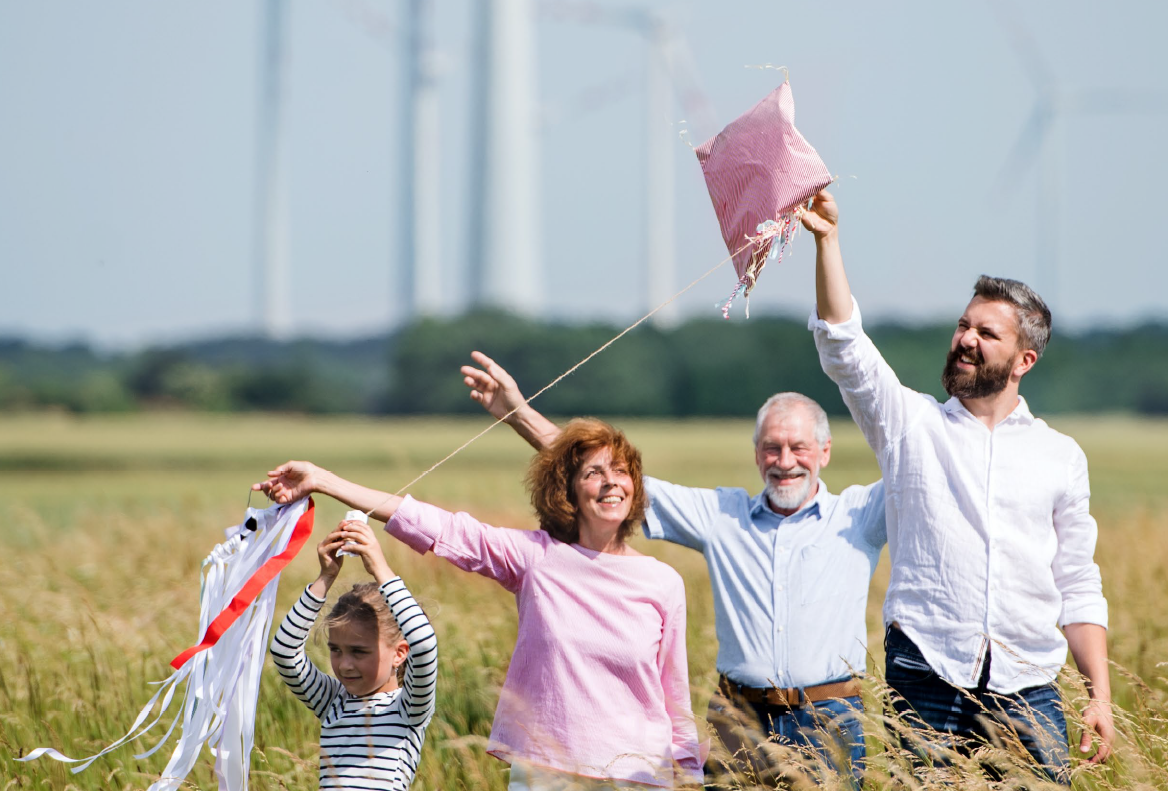A Clean Industrial Deal supporting Regions
As the Northern Netherlands Region we welcome the development of the Clean Industrial Deal. With the Clean Industrial Deal, the European Commission will outline a comprehensive strategy to advance Europe’s industrial sector towards sustainability and competitiveness. We welcome a Clean Industrial Deal that emphasizes the necessity of channeling investments in industry, for energy intensive sectors, circular economy clusters and strengthens Europe’s geopolitical position.
We as Northern Netherlands region are ready to assist Europe to become more competitive and greener given our expertise and strengths in Hydrogen and Circular Economy.
Allow us to contribute to sustainable competitiveness
With our Regional Innovation Strategy, we leverage European funding to become a sustainable, innovative, and circular region where regional governments work closely with academic institutions and private enterprises. This approach has led, among other achievements, to Northern Netherlands being recognized by the European Commission as Europe’s first Hydrogen Valley, HEAVENN. Furthermore, our region has been selected as the first European Regional Innovation Valley in the field of Circular Economy, ECIV. We are recognized to be frontrunner in the fields of Circular Economy, and Hydrogen well-positioned to provide strategic advice that will help make Europe both competitive and sustainable.
In line with the report of Mario Draghi on the future of European Competitiveness we agree that a stronger focus is needed by both the EU, national and regional governments to provide the right incentive for competitiveness and transition. According to Draghi, regions are the engine of the European economy, in specific Hydrogen Valleys and Circular Economy Clusters. Our region will assist to decarbonization goals so that European regions can become leaders in a low-carbon economy. The Northern Netherlands with its with existing industrial clusters and expertise will use its infrastructure, workforce, to transition into future-ready hubs, limiting social and economic disruption and boosting competition.
What can the European Commission do?
We ask the European Commission to include the regional perspective into upcoming legislation, and mainly focus on the following points:
Part I: Circular Economy & Regional Resilience
- Regional Approach to Circular Economy – Recognize the role of regions (e.g., Northern Netherlands) in implementing CE, scaling innovations, and fostering EU competitiveness.
- Harmonize EU Regulation & Funding for Circular Plastics & Green Chemistry
- Design consistent standards & blending requirements across Europe.
- Strengthen import controls to prevent low-quality, non-sustainable materials.
- Increase EU investments in CE to bridge the €27B/year CE funding gap.
- SME support & flexibility in subsidy eligibility.
- End-of-waste regulations to accelerate recycling & reuse.
- Increase AI & clean tech R&D funding to optimize CE.
- Establish EU wide Circular Economy Campuses & Hubs – Establish regional CE innovation campuses, similar to Hydrogen Valley Campus Europe.
- Water & Circularity – Invest in water reuse, pollution reduction, and circular water systems.
- Strengthen European Textile Autonomy – Develop regional textile hubs, support local supply chains, and promote circular materials.
- Sustainable Construction – Incentivize bio-based and circular materials, industrialized prefabrication, and link agriculture to building materials.
Part II: The Clean Industrial Deal & Hydrogen Valleys
- Hydrogen should be linked to the part of the broader ambitions of the EU regarding Circular Economy.
- Dedicate part of the Innovation Fund for Hydrogen Valleys – Allocate funding across the hydrogen value chain, including SMEs, tailored regional applications, and local industries.
- Flexible Certification for Green Hydrogen – Allow temporary alternative energy use to support green hydrogen certification.
- Postpone RED3 to 2030 – Delay Renewable Energy Directive III due to grid congestion and hydrogen backbone delays.
- Increased Subsidies for Decentralized Hydrogen Production – Support local hydrogen generation to reduce dependency on major networks.
- EU Hydrogen Market Mechanisms – Create a level playing field and address high green hydrogen prices, learning from Germany’s H2Global.
- Standardized Hydrogen Specifications – Develop EU-wide classifications for green, blue, and other hydrogen types.
- Address Grid Congestion – Invest in infrastructure, cross-border links, permitting reform, sector coupling, and innovation.
- Accelerate Permitting for Sustainable Energy Projects – Expedite approvals for local hydrogen electrolysers and renewable projects.
- Renewed EU Hydrogen Strategy – Align with updated climate goals, address bottlenecks, ensure SME funding, and integrate hydrogen into industry, energy, and transport.
In Annex I we provide a detailed explanation explaining our key asks and strengthening them with regional examples in Annex II. For the annexes, see the entire position paper.
